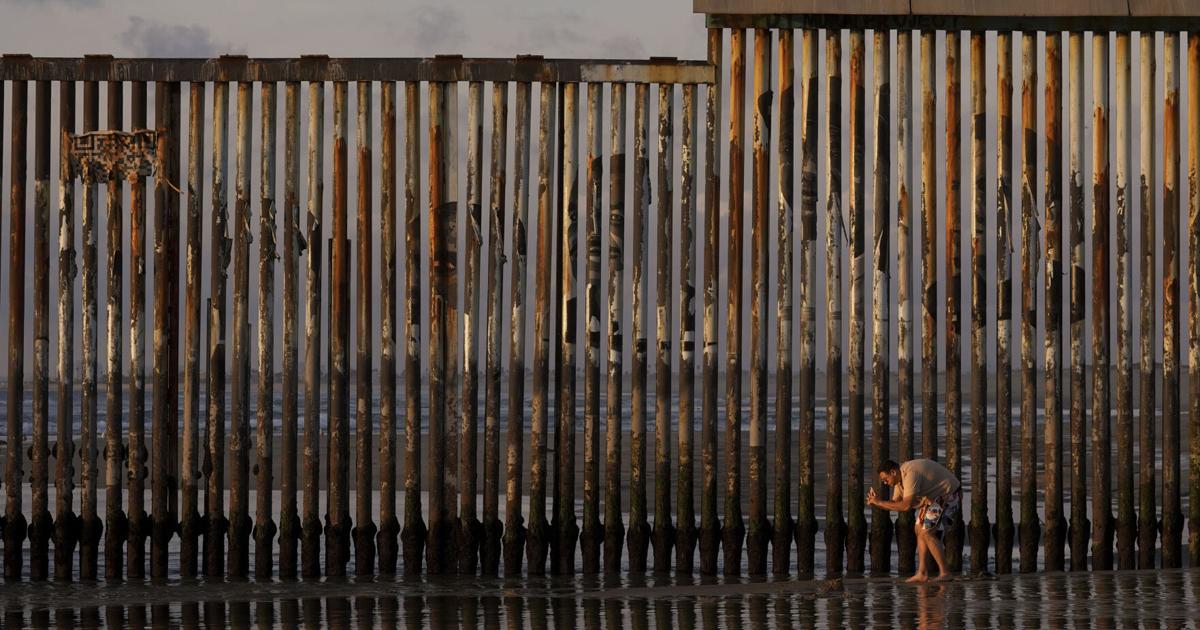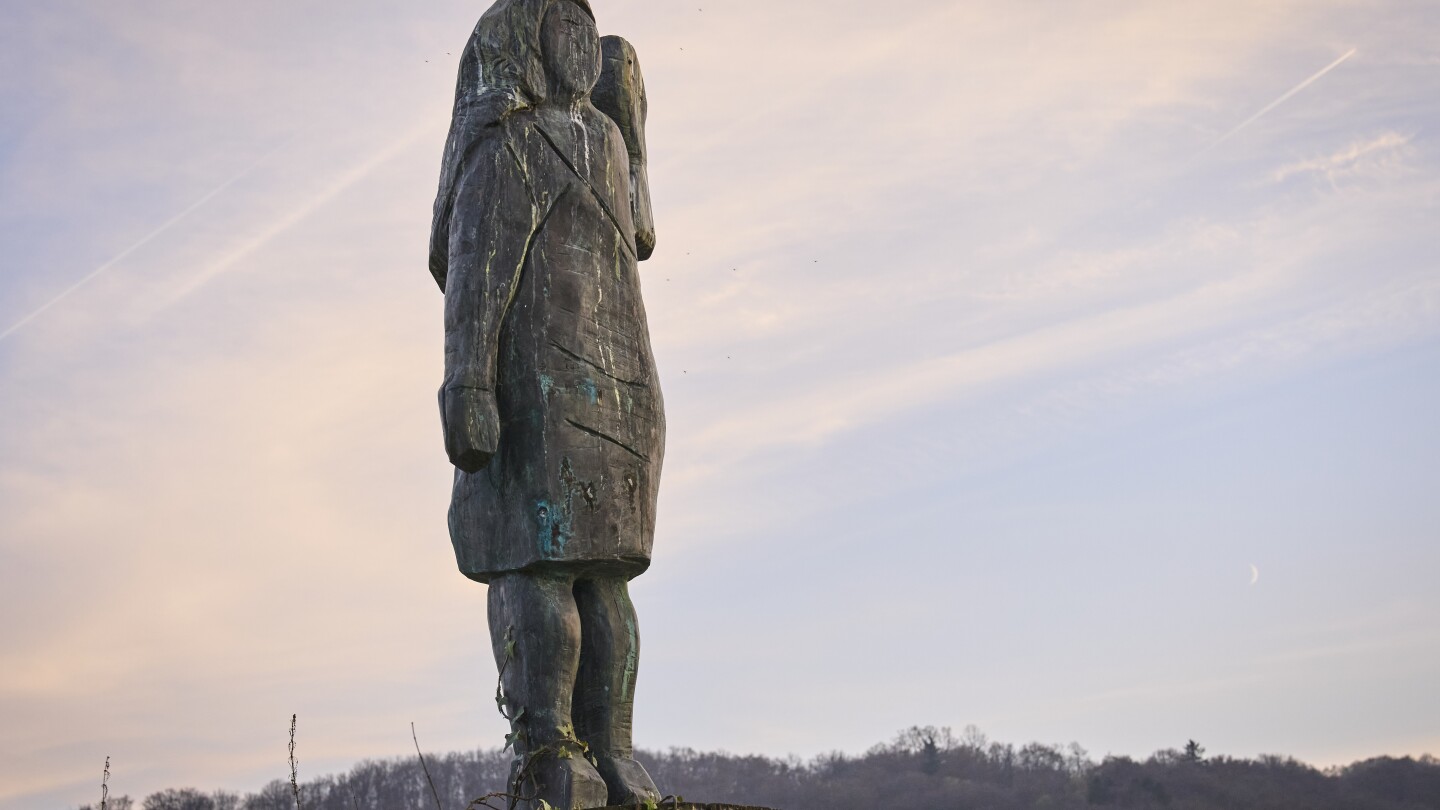Now Reading: Trump suspends asylum system, leaving immigrants to face an uncertain future
-
01
Trump suspends asylum system, leaving immigrants to face an uncertain future
Trump suspends asylum system, leaving immigrants to face an uncertain future

Asylum seekers from various countries, including Eritrea, Guatemala, Pakistan, Afghanistan, Ghana, and Uzbekistan, used to arrive at the U.S. border to seek refuge due to persecution based on religion, sexuality, or political beliefs. In the past, they had the opportunity to present their cases to U.S. authorities. However, since President Donald Trump suspended the asylum system shortly after his second term began, the situation for asylum seekers has become uncertain and constantly changing.
The new process lacks clear rules, leading to some individuals being swiftly deported without a fair chance at asylum, while others remain in Immigration and Customs Enforcement custody. Attorneys working with asylum seekers report a decrease in calls since Trump’s administration took office, suspecting that many individuals are immediately expelled or detained without proper consideration for asylum.
The Trump administration’s efforts to speed up deportations by using countries like Costa Rica and Panama as temporary detainment centers for deportees have raised concerns. The asylum system has faced criticism for potential abuse, with some arguing that many claims are exaggerated and not genuine. Despite the challenges, individuals like a Russian man seeking asylum find themselves in limbo, unsure of their fate and feeling betrayed by the system.
The uncertainty surrounding asylum seekers’ future reflects a broader debate on immigration policies and the need for a balanced approach that considers both security concerns and humanitarian obligations.






